I have been visiting wonderful Hungary since 1978. In Eger the Szépasszony valley, the Lake Balaton and many more places in the that I got to know; I grew to love the countryside and the people. At home, near Leipzig, I make a Germanized bogrács (a heavy pot used to cook over an open fire) gulyás in my garden based on my Hungarian friend’s recipe. Je suis Hungary. In the 1980s I subscribed to the Budapester Rundschau (a German-language newspaper in Hungary from 1974-1989) which informed me every two weeks how Hungary was gaining its freedom. For me, Imre Pozsgay and Miklós Németh (Hungarian politicians active during the socialist-democratic transition; Minister of Culture and Education, and Prime Minister respectively) represented the hope of liberation from under the Soviet colonial system. In 2014, I had the opportunity to personally thank Miklós Németh when handing over the Point Alpha award. I also know that Viktor Orbán was one of the brave Hungarians at that time.
I will not forget any of this. But the only thing I can advise all Hungarians now: Hold on tightly! Don’t let those regulate you who absolutely do not care about their so-called partner’s experiences, knowledge, culture and worldview. You are not the troublemakers of the European Union. Just the opposite! You are doing what you’ve done often before: valuing and protecting European values. Your sharpest critics are trying to make the community of European nations into a monster of re-education and homogenization. Hungary and Poland are the necessary remedy to these endeavors!
I compare the European Union to a big tent, and I have to say that culturally, it’s falling apart. Without the Visegrád and Baltic states, and Austria too, this tent would’ve collapsed due to Merkel’s multicultural politics, indicative of German haughtiness – which is no different than homogenizing the histories and faces of Europe’s peoples and nations – as it did 1500 years ago when the Roman Empire slowly faded away. He who loves Europe and the European Union must protect and strengthen the community. The appeal of the European concept comes from common roots, national and cultural diversity, common defense interests and the fact that all members treat each other with respect. European Union membership is a free-willed decision: it wasn’t created by coercion and coercion can’t sustain it. Keeping it together requires common interests and cooperation from all sides. The EU is not a central state with Brussels or Berlin as its capital. In Brussels, the interests of the European Union are discussed by the member states and their delegates. They discuss the common will of Members States and decide in a democratic manner, and then announce them. Nothing more, nothing less!
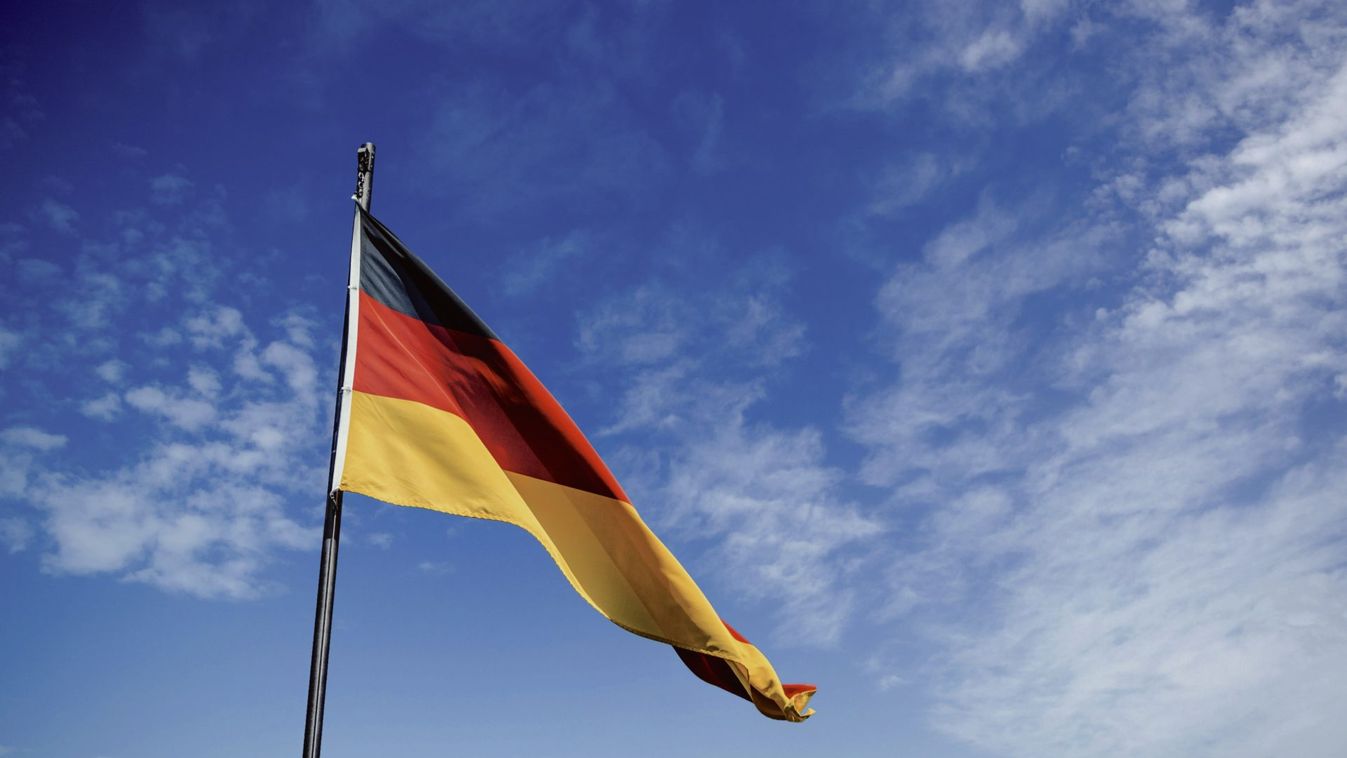

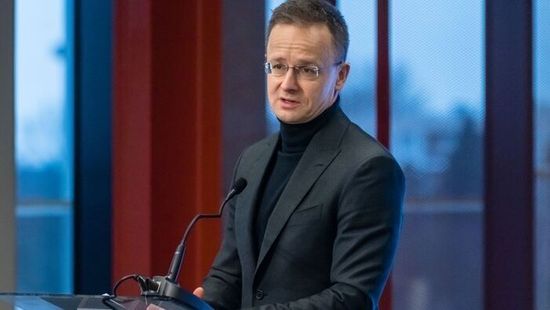
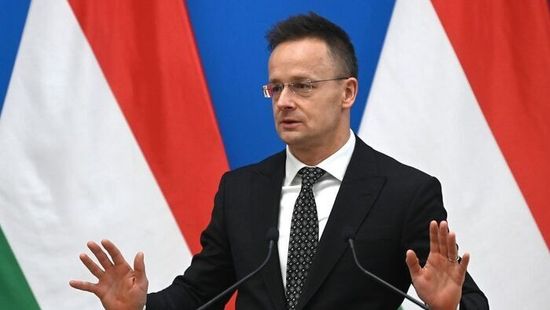
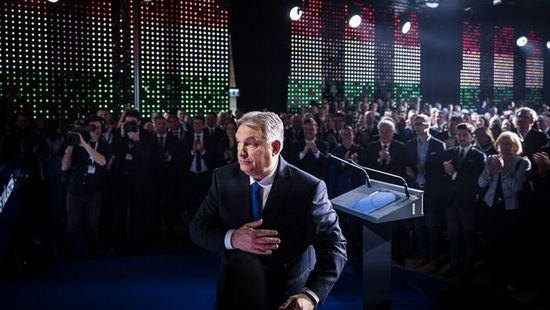

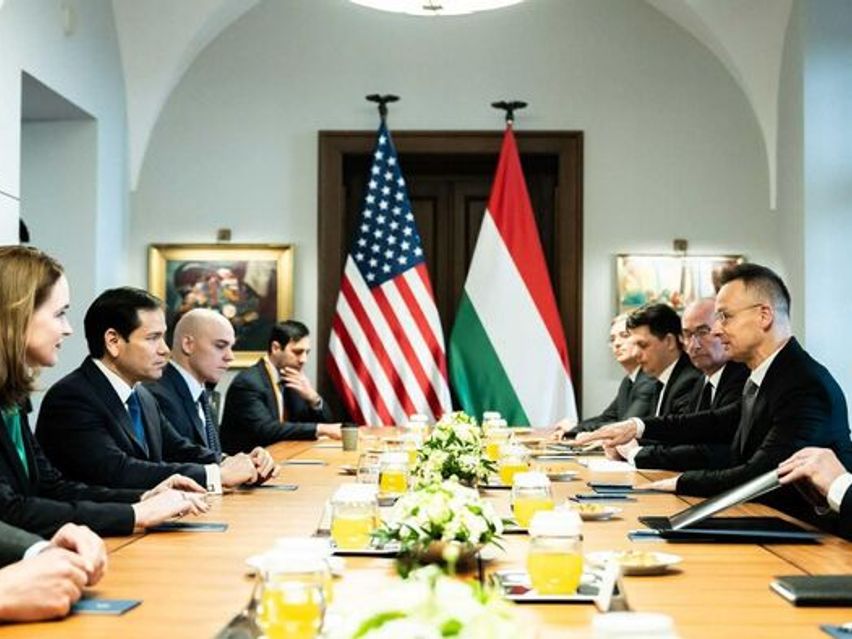
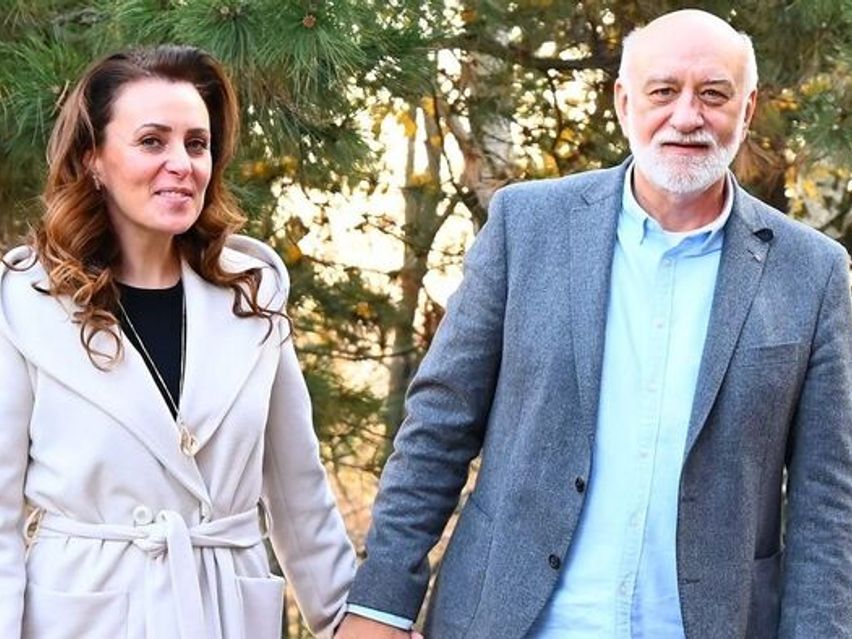

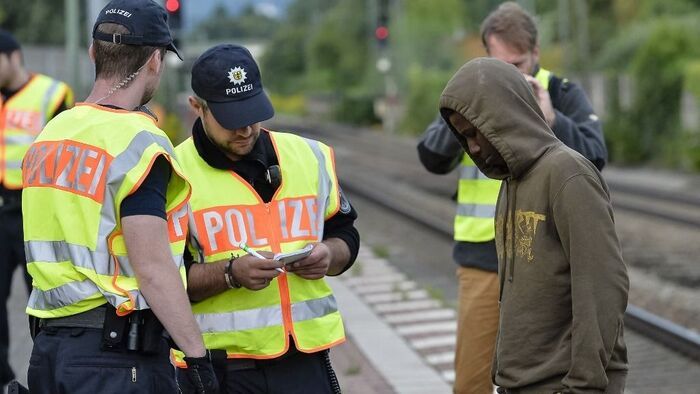


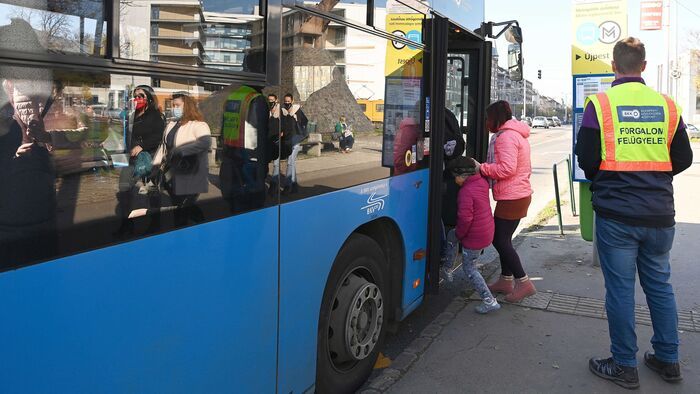
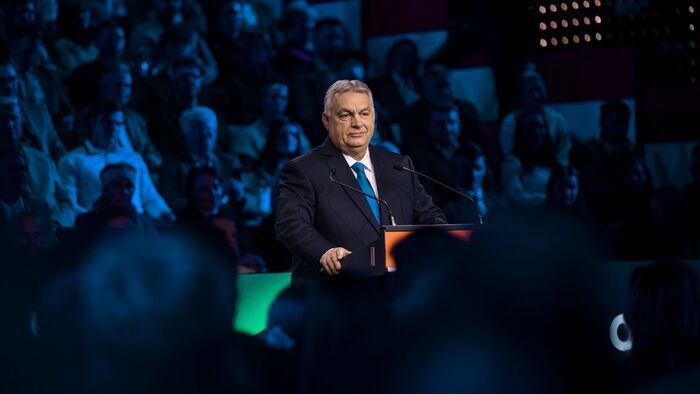
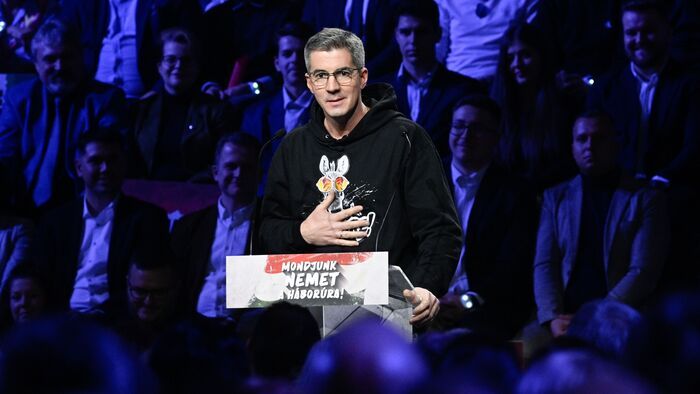
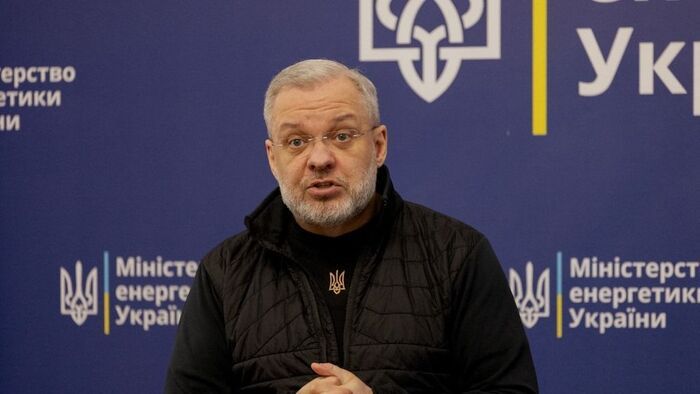
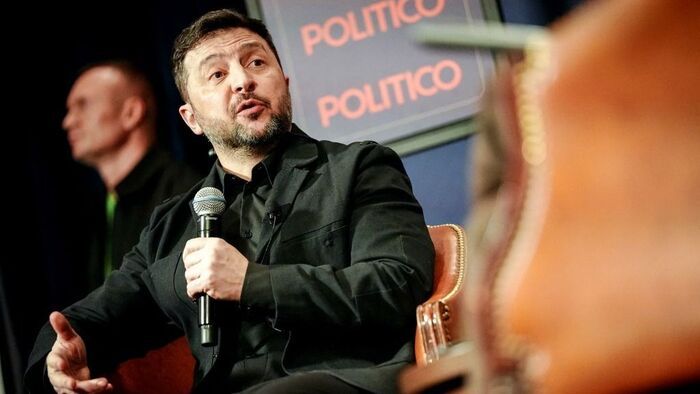






Szóljon hozzá!
Jelenleg csak a hozzászólások egy kis részét látja. Hozzászóláshoz és a további kommentek megtekintéséhez lépjen be, vagy regisztráljon!